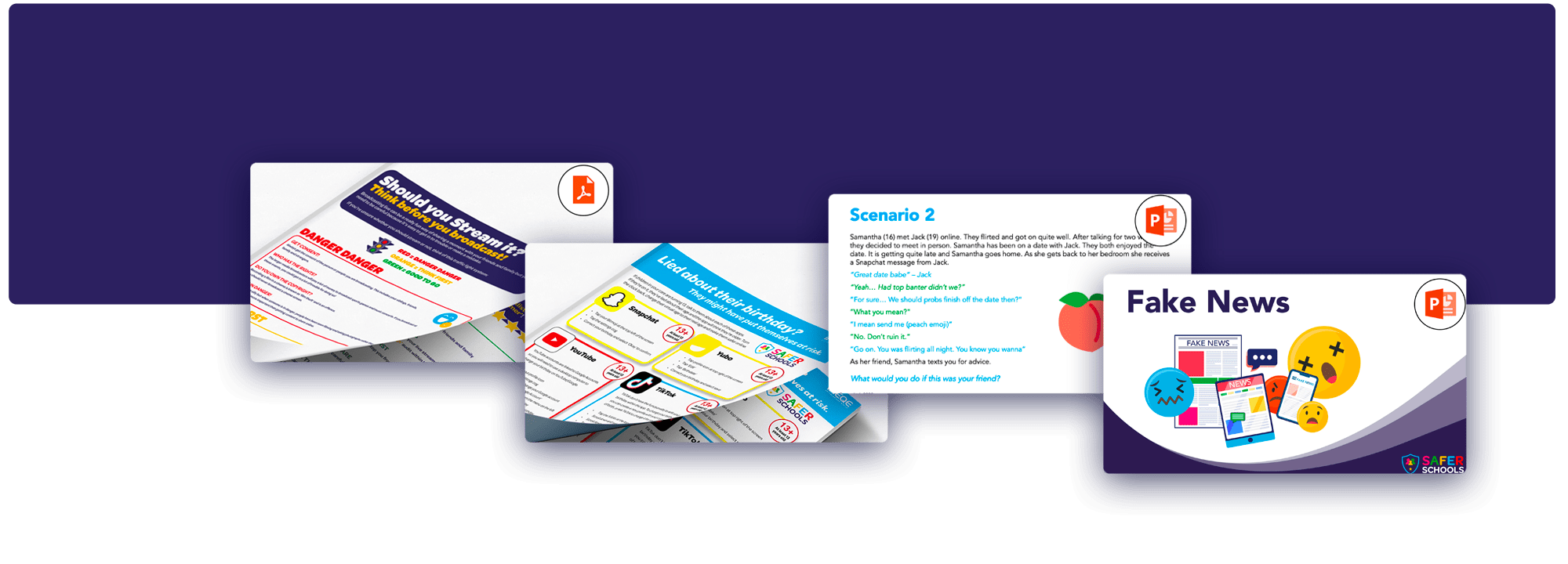Welcome to the Safer Schools Teach Hub. To enter the Teach Hub and access all of our resources, you will need a licence number.
To request your licence number, then simply use the blue chatbot in the bottom left-hand corner of this page.
You can also contact us by phone 028 9600 5777 or email [email protected]


